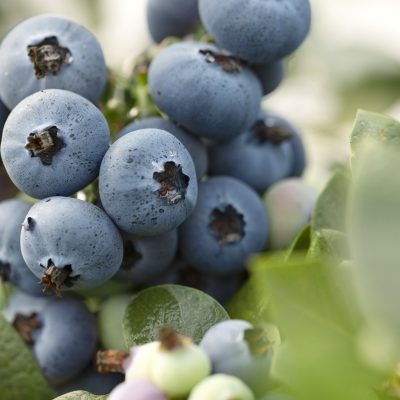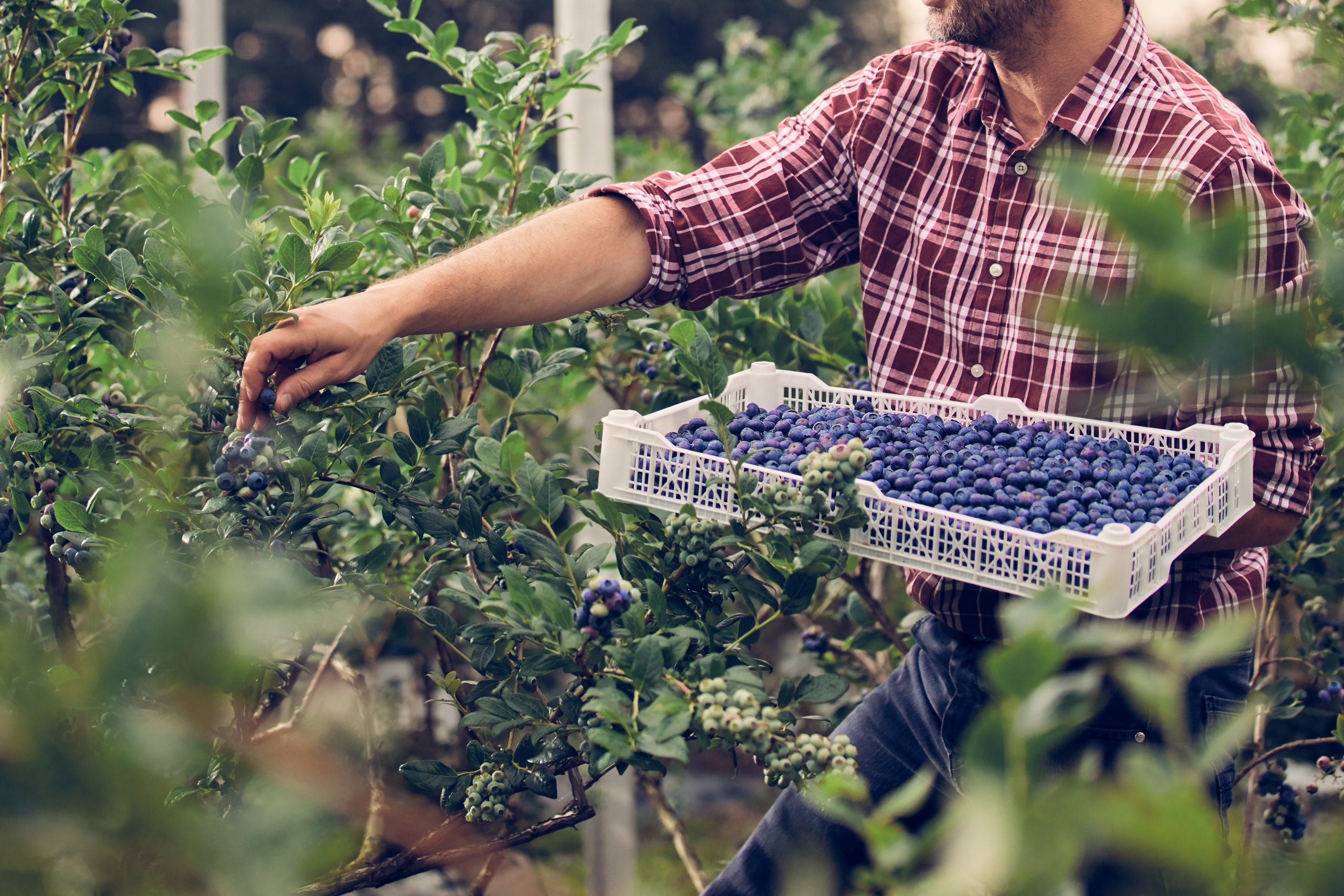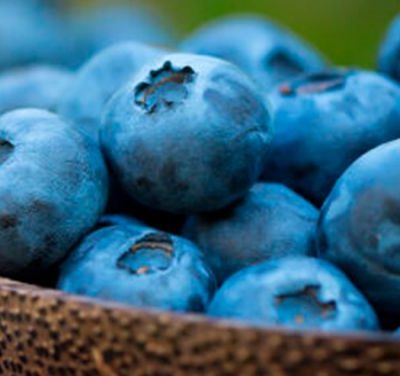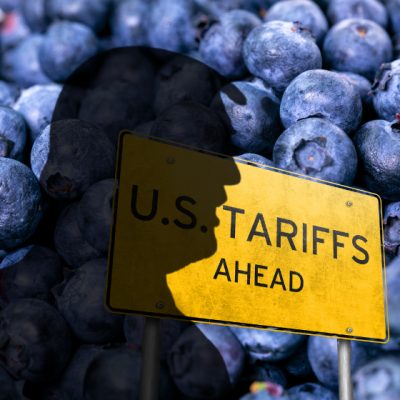Joyvio: ready-to-eat is the next move for Chinese blueberry industry
While ready-to-eat produce items have been in the west for quite some time, and now it has the potential to take off in the Middle Kingdom too, according to fruit company Joyvio. During the 2014 China International Blueberry Conference & Festival, company representatives said such convenience products would be the next big step for their produce market, with ready-to-eat blueberries a priority for Joyvio itself. 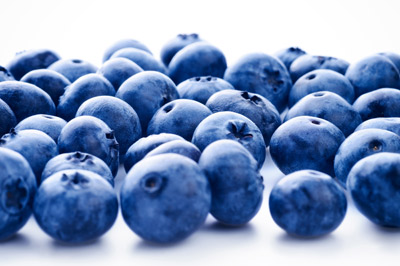
“For today’s busy lifestyle, people only have limited time for lunch. Female consumers prefer to have some fruits after meal, and ‘ready-to-eat’ could spare them a lot of trouble,” says Joyvio’s Dr. Jin Xixuan, whose company currently sells blueberries that only require a brief wash before consumption.
However, if Joyvio plans to enter the ready-to-eat space it will need to get on top of pesticide and germ control.
“We’re trying to come up with a solution to make our blueberries ready-to-eat, without any cleansing procedure,” Jin said.
“Here certain requirements much be met: the first is pesticide-control when growing blueberries, which is about applying the pesticides approved by the authority, meeting the standards not only set by China, but even those from the U.S. Environmental Protection Agency (EPA) and the U.S. Food and Drug Administration (FDA), and in this way we could guarantee the safety of consuming our products.
“Now people generally want to know if they can buy organic products that are completely pesticide-free. Frankly speaking it’s entirely possible, but real organic food doesn’t mean it hasn’t had any pesticide or fertilizer; the problem is what kind of pesticide is used.”
In light of this, Jin emphasized that as a leading corporation, Joyvio had enough confidence to ensure its blueberries were safe.
“We have a complete mechanism and operation standard to do the whole process well, step by step. We also always keep a close look at the pesticide residue, and the statistics show that our products are safe,” he said.
The expert added that if bacteria like E. coli could not be sufficiently controlled, ready-to-eat products would not only cause illness but moer serious problems. He emphasized that Joyvio has been sterilizing the surface of blueberries after harvest, and was also developing edible preservative film.
“What we are trying to do now is to conduct complete sterilization on the surface of blueberries after harvest; then we need another thing, which is edible preservative film.
“So what is preservative film? When you walk into those high-end supermarkets, you could see that some apples and carrots arealready sliced; they still look fresh, and are wrapped up in boxes for immediate consumption. But actually, there is preservative film on those apple slices.”
He highlighted that the idea of preservative film initially came from a United States Department of Agriculture (USDA) researcher in Florida.
“What he made was an all-natural wrap, whose components were all approved by FDA. Those components, which include salt and sugar, are considered as safe,” Jin said.
“So what matters is that whether the components are all edible. You liquidify all the materials, and dip theapples into this liquid, or spray it on those apples. In this way, the color of those apple slices can stay the same for days.”
Joyvio CEO Chen Shaopeng also added ready-to-eat was a goal for the company’s future products.
“Our future products will be ready-to-eat, meaning that you don’t even have to flush them. But now consumers still need to do that because there might be a bit dirt on it, which is all natural, so no big deal,” Chen said.
“But our team is already working on the technology of ready-to-eat, which is of great significance in our industry, and the consumers would see such kind of technology applied on Joyvio’s products soon.”
Fresh Fruit Portal

